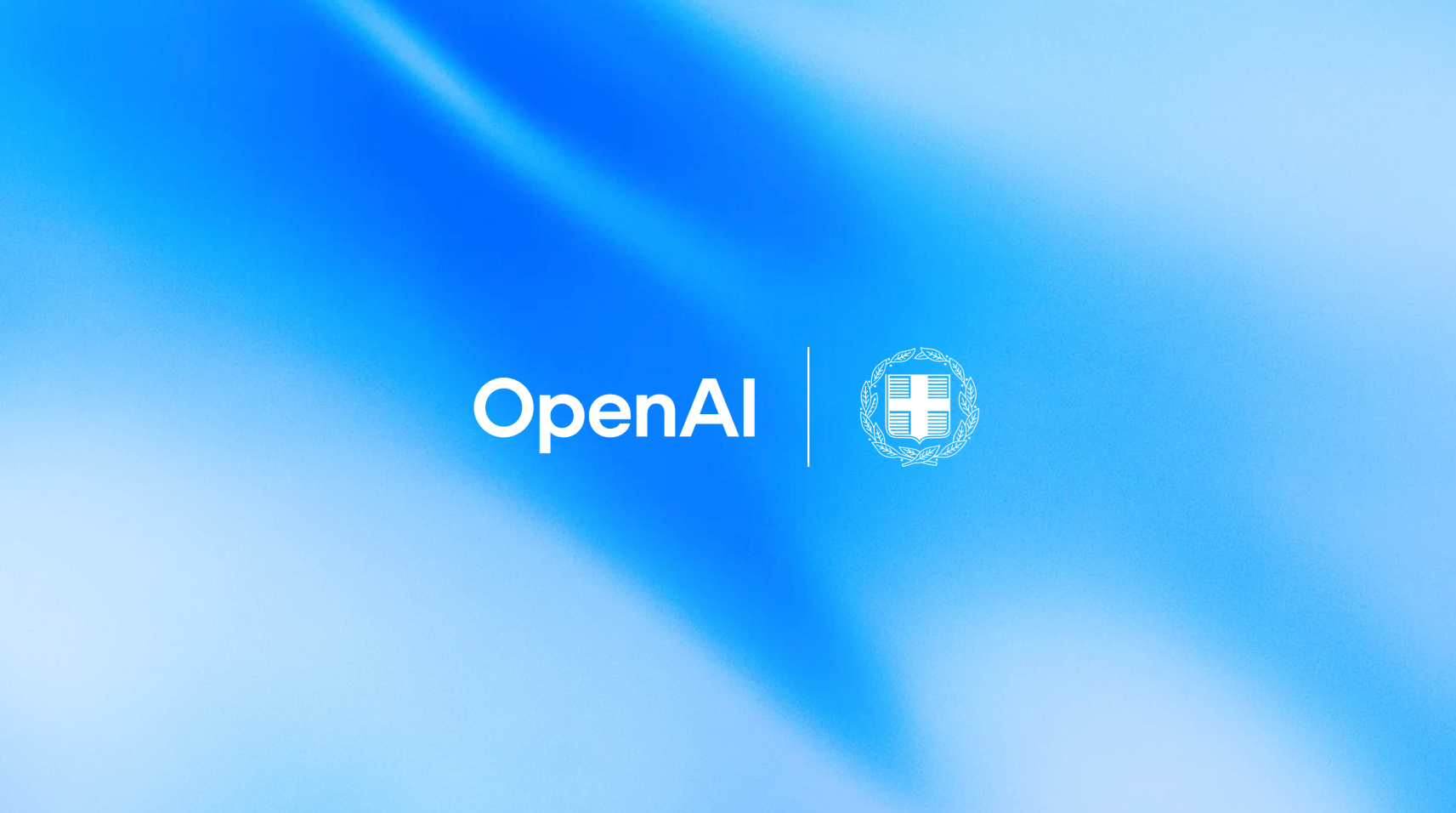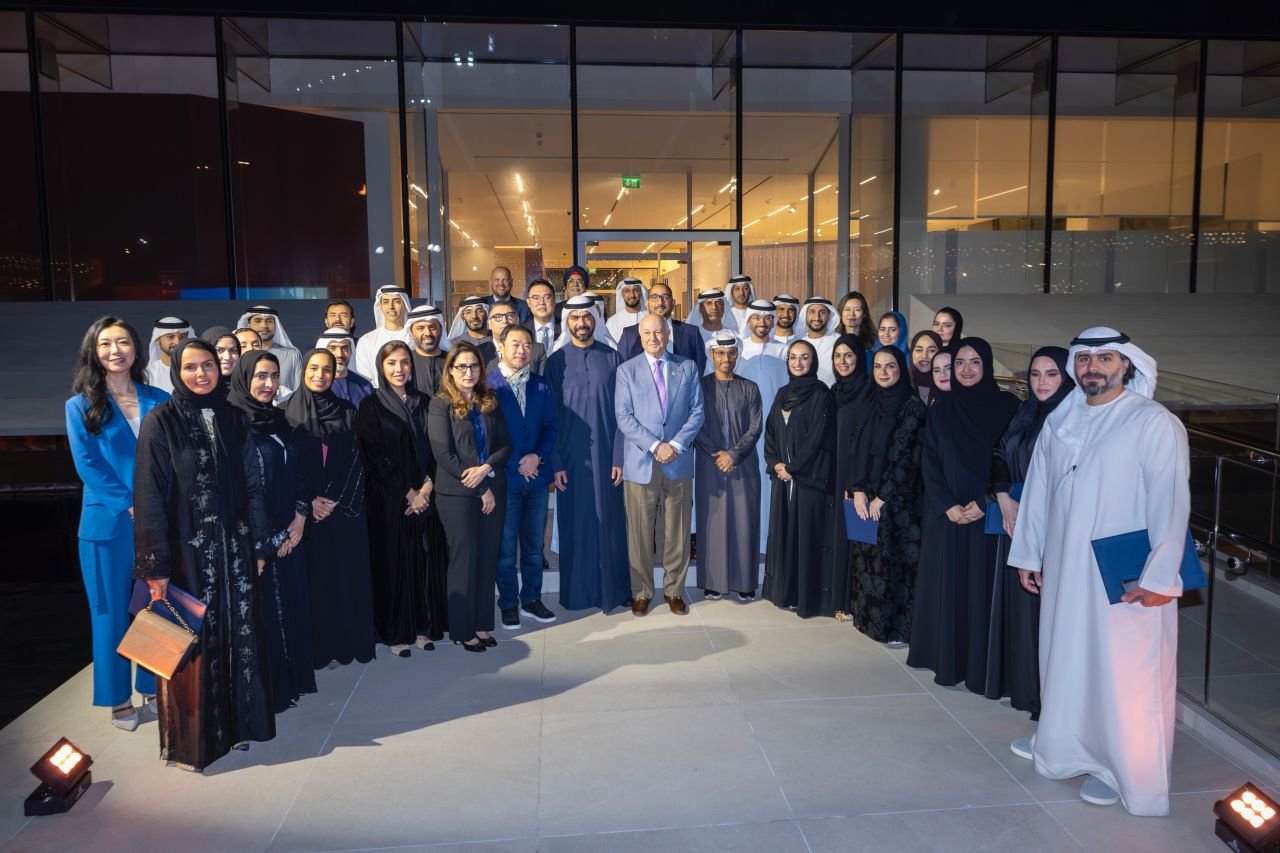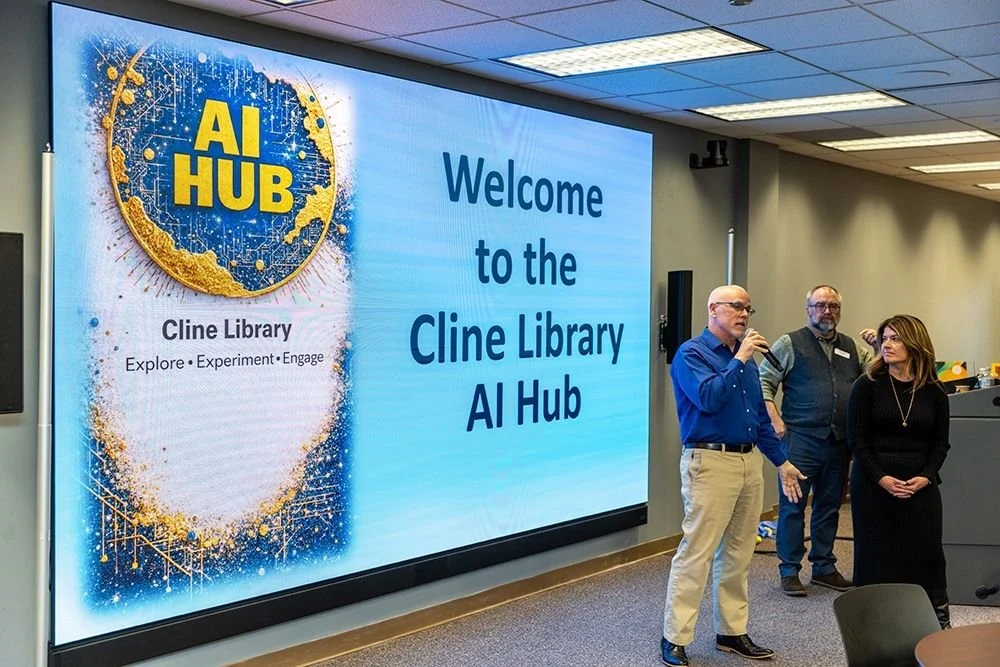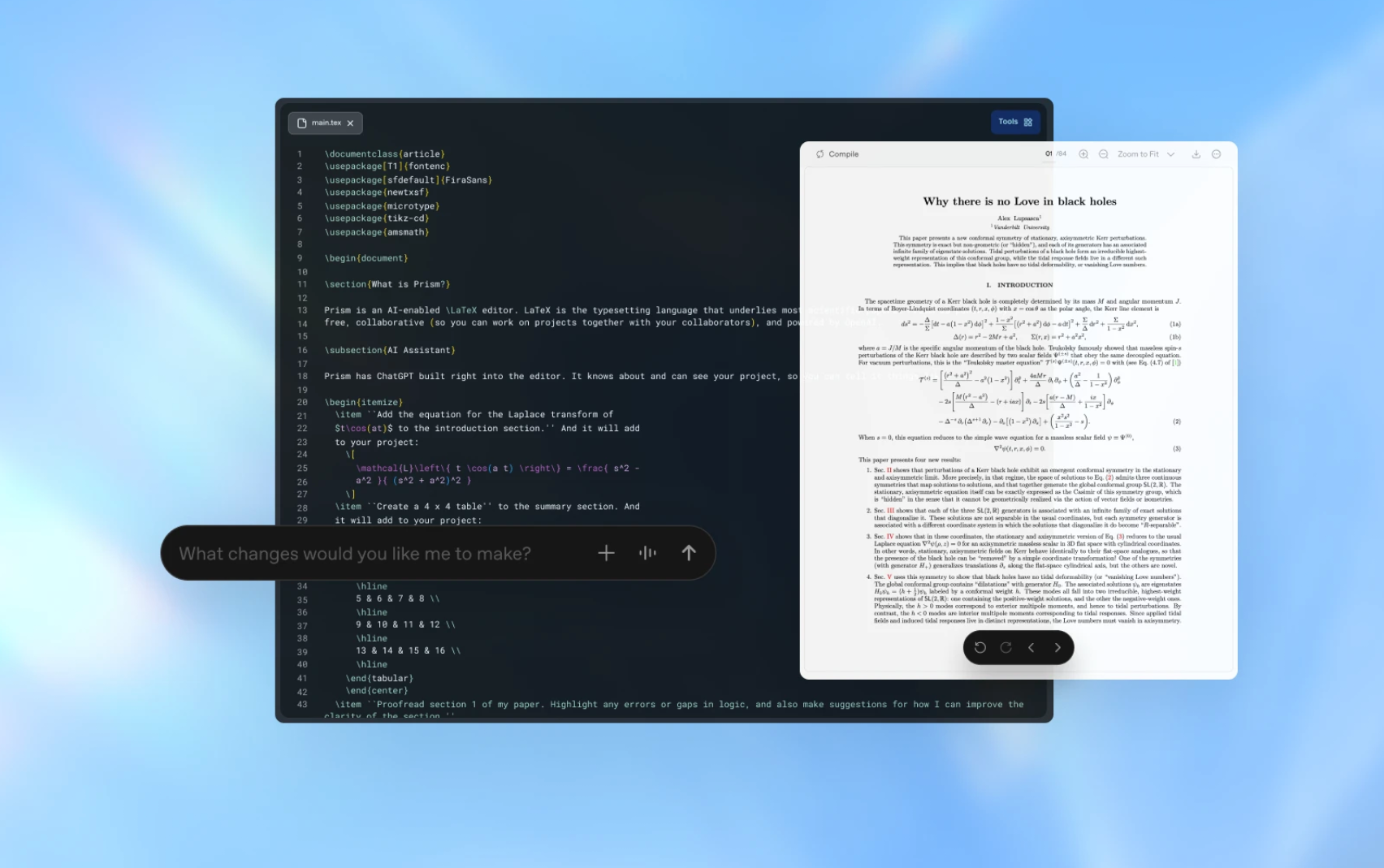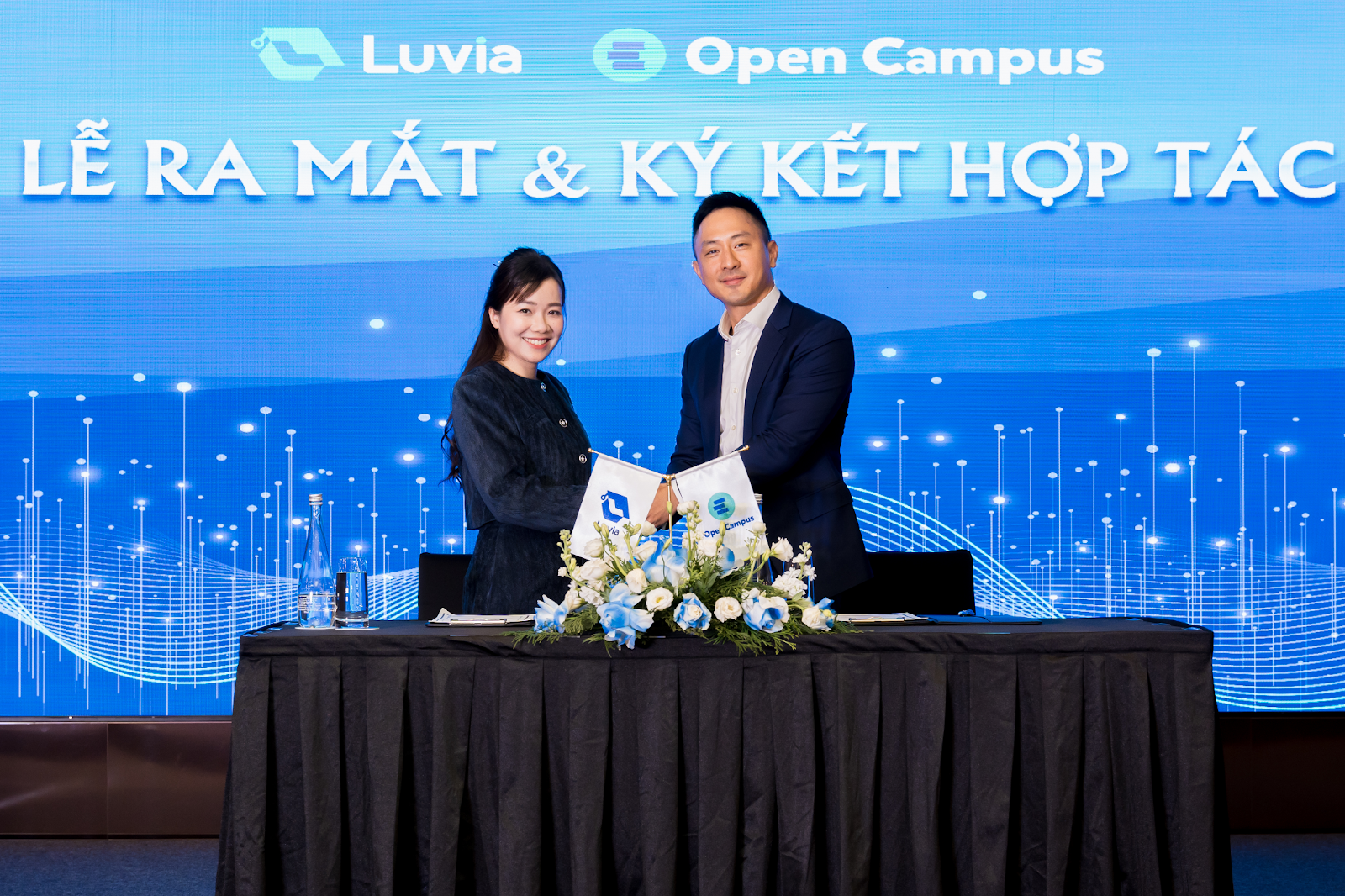US Education Department sets $167m agenda to reshape higher ed with AI and workforce training
The US Department of Education has announced seven new funding priorities for 2025 under the Fund for the Improvement of Postsecondary Education (FIPSE), directing $167 million toward artificial intelligence, accreditation reform, and short-term workforce programs.
The Department of Education has released a detailed outline of seven funding priorities under its Fund for the Improvement of Postsecondary Education (FIPSE) program for FY2025, signaling a push to align higher education with emerging technologies and workforce demands.
The plan allocates a combined $167 million across four policy areas: the use of artificial intelligence in education, accreditation reform, and high-quality short-term academic programs. Funding awards are expected to be announced by December 31, 2025.
FIPSE provides competitive grants to colleges, universities, and nonprofits for projects that address what the Department identifies as areas of national need.
AI development receives $50 million boost
Artificial intelligence leads the 2025 agenda, with two priorities totaling $50 million aimed at integrating AI into classroom practice and improving student outcomes.
The first, Advancing AI to Improve Educational Outcomes of Postsecondary Students, will fund projects that use AI to enhance teaching, learning, and academic support, potentially including adaptive tutoring tools and data-driven student services.
A second stream, Ensuring Future Educators and Students Have Foundational Exposure to AI and Computer Science, focuses on expanding computer science and AI education through new courses, teacher training, and partnerships between higher education and K–12 systems.
Grants under both AI priorities are expected to range from $1 million to $4 million, with around 25 awards to be distributed nationwide.
Accreditation reform targets flexibility and competition
Accreditation reform, a long-running policy goal for the Department, accounts for $7 million in funding divided between two areas: helping institutions switch accreditors and supporting the creation of new accrediting agencies.
The first track, Supporting Institutions in Changing Accrediting Agencies, aims to offset transition costs such as site visits, documentation, and initial accreditation fees. The second, Supporting the Creation of New Accrediting Agencies, will fund standards development, staffing, and infrastructure for new accreditors—an effort the Department says will increase competition and institutional choice.
Expanding short-term programs and workforce readiness
A further $50 million will support the creation and growth of “high-quality short-term programs,” aligning with the administration’s broader workforce development goals under the Workforce Pell Grants initiative introduced in the One Big Beautiful Bill Act.
Funding will go toward program development, equipment purchases, employer partnerships, and expanded work-based learning opportunities. The Department expects about 25 awards, each between $1 million and $4 million.
Applications and eligibility
Eligible applicants include accredited colleges and universities, consortia, and nonprofit organizations. Each lead applicant may submit only one proposal per area of national need but can join others as a partner. Applications are due December 3, 2025, and indirect costs are capped at 8 percent.
Under Secretary of Education Nicholas Kent says the new FIPSE framework represents a deliberate shift in direction for higher education: “Under the Trump Administration, we are witnessing a transformative shift in higher education, one that is setting a new course for a brighter future.
“From restoring freedom of speech and fostering viewpoint diversity, to reimagining an archaic accreditation system and prioritizing workforce-driven programs, there is a growing recognition that bold, seismic change is essential to restoring confidence in our Nation’s higher education system.”
He adds that the new funding priorities “will ensure that grantees have the resources needed to build on our Administration’s successes and support initiatives that will continue to enhance the educational experience for all students.”





